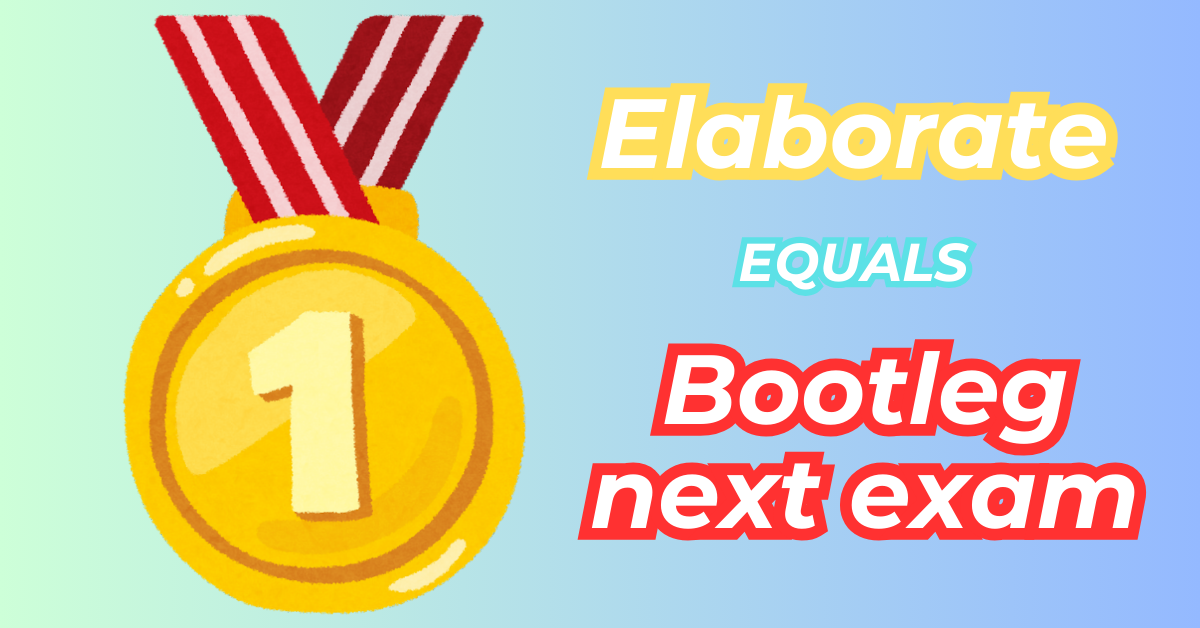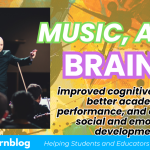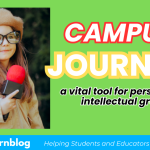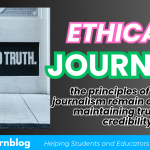Elaboration is a powerful encoding technique that plays a crucial role in enhancing memory retention. At its core, elaboration involves adding meaning or context to new information by relating it to existing knowledge.
This deeper processing of information strengthens the neural connections in the brain, making it easier to retrieve later. Rather than simply rote memorization, elaboration encourages a more thoughtful, meaningful engagement with the material.
As a result, this technique has been found to significantly improve both short-term and long-term memory retention.
The process of elaboration works by creating multiple pathways for retrieving information. When new information is linked to pre-existing knowledge, it becomes easier to access because it is no longer isolated.
For instance, when learning a new concept, associating it with something familiar—whether through analogies, metaphors, or personal experiences—adds layers of meaning. These connections provide multiple retrieval cues, which enhance the likelihood of remembering the information when needed.
Table of Contents
Semantic Elaboration
One of the most effective ways to elaborate is through semantic elaboration, which involves connecting new information to meanings and concepts that are already stored in memory.
For example, when learning new vocabulary in a foreign language, it is helpful to associate each word with a known object, experience, or even a word in your native language that shares similar meaning.
This not only helps with recall but also aids in understanding the material in a more profound way.
The more we can tie the new information to something meaningful, the better we are at storing and retrieving it.
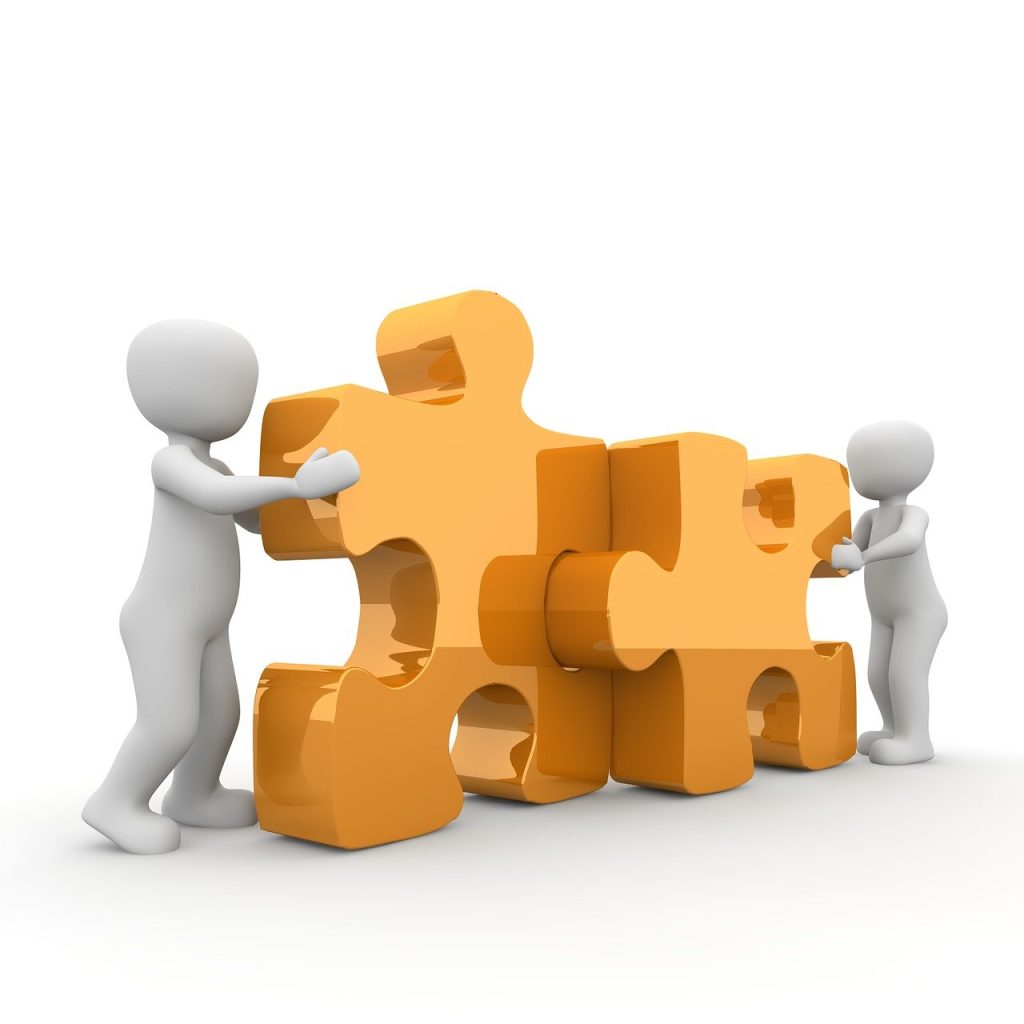
Visual Elaboration
Another powerful form of elaboration is visual elaboration, where learners create vivid mental images or diagrams to represent the information.
Research suggests that visual imagery significantly enhances memory because the brain tends to remember pictures and visuals more easily than abstract information.
For example, if you’re trying to remember the steps of a complex process, creating a mental picture or drawing a diagram can help consolidate the steps in memory.
This method taps into the brain’s ability to process visual stimuli more efficiently, which in turn supports better encoding and retention of the information.
Self-referencing
Elaboration is not limited to visual or semantic associations—it can also involve self-referencing.
This technique is particularly effective because we tend to remember information more easily when we relate it to ourselves.
When new material is connected to our personal experiences or emotions, it becomes much more memorable. For instance, when studying history, a student might remember events better by considering how they would have felt if they had been alive during those times.
This personal connection creates a deeper, more meaningful understanding of the material, which strengthens memory retention.
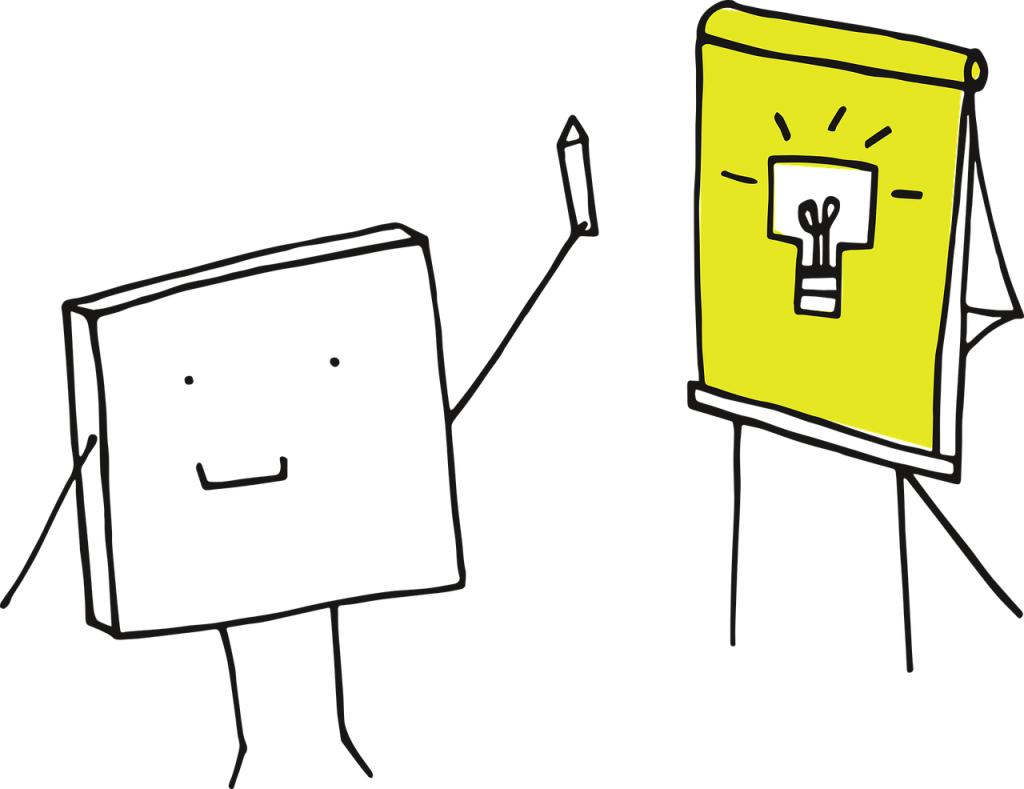
Elaboration according to research
Studies have consistently shown that elaboration leads to improved memory performance.
A well-known experiment by Craik and Lockhart in the 1970s demonstrated that deeper processing through elaboration (such as thinking about the meaning of words) leads to better recall than shallow processing (such as just focusing on the physical appearance of words).
The idea behind this is that when we elaborate on information, we are processing it more deeply and creating stronger, more durable memory traces. These traces are better preserved over time, making the information easier to retrieve in the future.
Elaboration can also be beneficial in real-world applications, such as in education or professional settings.
Teachers can encourage students to engage in elaboration by asking them to explain concepts in their own words, create real-world examples, or connect new material to their existing knowledge.
Conclusion
In conclusion, elaboration is a highly effective encoding technique that deepens the process of learning and improves memory retention. By making new information more meaningful through associations, imagery, and personal connections, elaboration strengthens the encoding process, leading to better recall and understanding. Whether in academic environments or daily life, using elaboration as a strategy can significantly enhance one’s ability to retain and retrieve information, making it an invaluable tool for lifelong learning.
